MercoPress. South Atlantic News Agency
Economy
-
Wednesday, February 9th 2011 - 23:20 UTC
Riding on commodities boom, Peruvian exports reached 35 billion USD in 2010
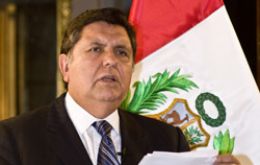
Peruvian exports in 2010 reached 35 billion US dollars, up 30% from 2009, said Foreign Trade and Tourism minister Enrique Ferreyros. He also pointed out in nine years the number of Peruvian companies involved in exporting jumped from 4.086 to 7.200 and markets from 155 to 178 markets.
-
Wednesday, February 9th 2011 - 20:55 UTC
Brazilian January inflation highest since April 2005
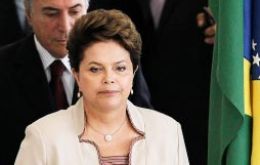
Brazilian officials say inflation in January was the highest monthly jump in almost six years. The government's IBGE statistics bureau said that January inflation was 0.83%, the biggest monthly jump since April 2005, when inflation was 0.87%.
-
Wednesday, February 9th 2011 - 20:42 UTC
Brazil to trim budget and fight inflation by eliminating all 2009 stimuli
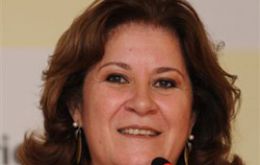
Brazil announces 50 billion Real (30 billion US dollars) cuts from this year’s budget as President Dilma Rousseff seeks to help the central bank contain inflation and lower some the world’s highest real interest rates.
-
Wednesday, February 9th 2011 - 19:59 UTC
Uruguay solid candidate for “investment grade” rating says JP Morgan
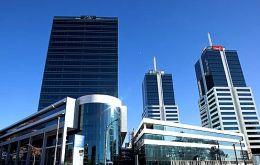
Uruguay is considered a solid candidate to obtain “investment grade” given its strong economic fundamentals and these same factors make the country’s bonds issued in indexed units, UI, an attractive investment, according to a report from the investment bank JP Morgan published in the Montevideo press.
-
Tuesday, February 8th 2011 - 19:53 UTC
Australia natural disasters costs forecasted to wipe growth in two quarters

Floods in Australia have dragged business conditions particularly in Queensland to depths not seen since the global financial crisis, according to a local analysis that offered a more pessimistic view than the government’s assessments.
-
Tuesday, February 8th 2011 - 19:47 UTC
In less than a decade Asia will account for 65% of all vehicles sold

India is likely to take the fourth position in the global automotive market by 2015, according to a study conducted by Booz & Co. Currently that spot is held by Brazil, another emerging market, which is likely to give India a challenge.
-
Tuesday, February 8th 2011 - 17:49 UTC
Rate hikes expected in Brazil and Chile as global commodity prices drive inflation
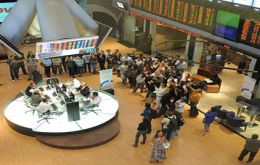
Global commodity prices continue to be the main driver of inflation in both Brazil and Chile, according to the latest Latin America update report from Capital Economics.
-
Tuesday, February 8th 2011 - 16:29 UTC
Chile exports increase 30% in 2010, led by copper and lumber sales
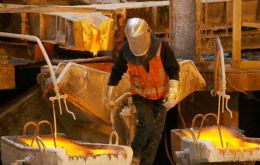
Chile achieved a record year for exports in 2010, according to a report by ProChile. Exports in 2010 were valued to be 69.6 billion US dollars, up nearly 30% from the 2009 figure, 53.7 billion USD.
-
Tuesday, February 8th 2011 - 16:25 UTC
Argentina recovers free of FMD status along the “border belt”
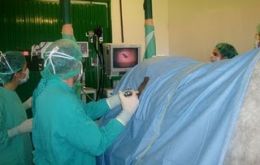
Argentina recovered the status of free of foot and mouth disease with vaccination in the “high vigilance” area along the so called “border belt” which limits with Bolivia, Brazil and Paraguay.
-
Tuesday, February 8th 2011 - 14:29 UTC
China’s New Year takes off with higher interest rates, third time since October
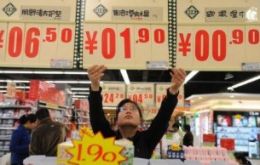
China's central bank said Tuesday it will increase key lending and deposit rates by a quarter percentage point, effective Wednesday. This is the third People’s Bank of China rise since last October, a move aimed at combating stubbornly high inflation.
